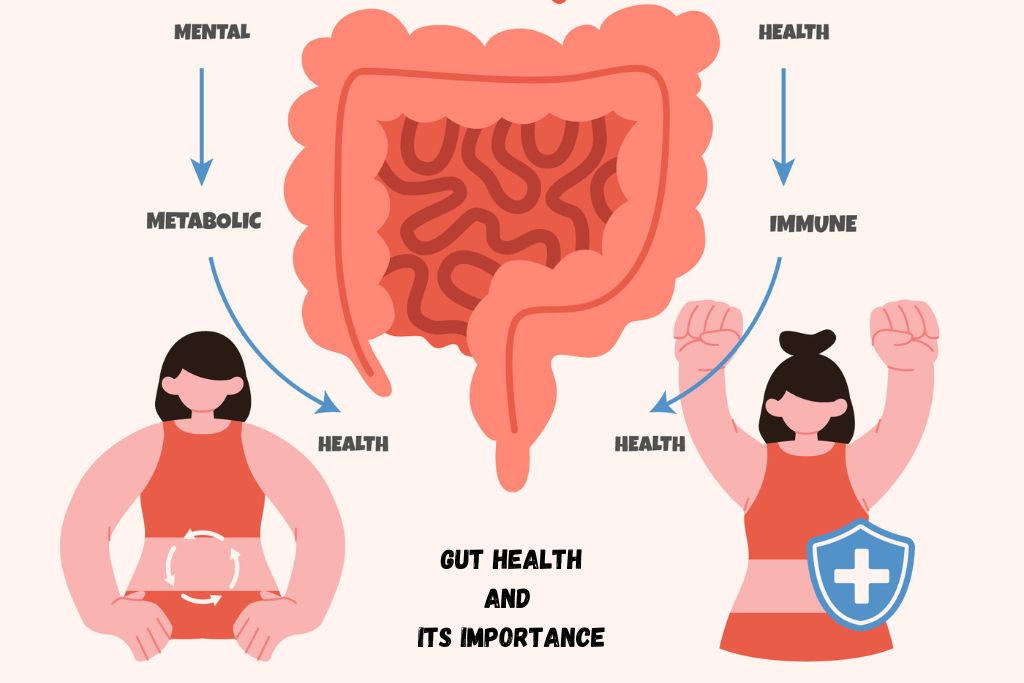Do you ever wonder if there’s more to managing autoimmune disorders like vitiligo, eczema, Hashimoto’s, or multiple sclerosis than just relying on medications? While immunosuppressants and steroids play a crucial and life-saving role in treatment, their long-term use and dependence can lead to significant side effects.
Autoimmune diseases can cause extreme stress and feel like a complicated road to recovery. While you may think flare-ups are unavoidable and heavy-duty medications are the sole solution there’s the truth.
There’s a world of lifestyle adjustments that can support your healing journey and potentially enhance your quality of life, over and above your medications.
In over a decade’s experience working with thousands of clients, we’ve been able to help them manage their autoimmune disorders with simple changes while keeping their doctors in the loop. And guess what? Focusing on their lifestyle choices has also helped us improve their overall well-being.
Let’s explore how embracing a holistic approach can open new doors to managing autoimmune conditions, offering relief and a renewed sense of hope and control over your health.
Table of Contents
ToggleUnderstanding Autoimmune Disorders
Have you ever wondered why some people’s immune systems turn against their own bodies? That’s what happens with autoimmune diseases. Conditions like vitiligo, eczema, Hashimoto’s, and multiple sclerosis all share this trait. Usually, doctors treat these conditions with medications that calm the immune system, such as steroids and immunosuppressants.
Think of your immune system like an army that’s supposed to protect your country—your body. In autoimmune diseases, it’s as if the army can’t tell the difference between its citizens and invaders. It starts attacking parts of your body as if they were the enemy, leading to various health issues. This friendly fire is what makes autoimmune diseases so challenging.

But here’s the catch with steroids: they’re not great for long-term use. They can lead to a bunch of side effects, including weight gain, weakened bones, and a higher risk of infections. That’s why it’s so important to find the right balance in treatment to manage these side effects.
The Connection Between Autoimmune Conditions and Epigenetics
Did you know that your genes play a big role in whether you might develop an autoimmune disease? If these conditions run in your family, you’re more likely to face them too. But here’s an interesting twist: epigenetics. This is a science that looks at how your external environment and lifestyle can actually influence how your genes behave.

So, even if you have the genes for an autoimmune disease, the way you live—what you eat, how much stress you handle, and what toxins you’re exposed to—can actually make a big difference. It’s like having a set of switches on your genes, and your habits can turn them on or off.
This gives us a glimpse of hope that with the right lifestyle changes, we can potentially keep these diseases in check. Condition management based on lifestyle shifts can make all the difference, and you start by finding the root cause.
To really get to the bottom of autoimmune issues, let’s think from a lifestyle perspective. First, we’ve got to address chronic stress—it really throws your immune system off balance. Then, your gut health plays an important role; keeping your gut happy is crucial because an upset there can trigger more issues. Finally, emotional balance—sorting through and managing your feelings can significantly calm those immune reactions. Let us explore these three aspects in depth.
Chronic Stress and Flare-ups
Chronic stress isn’t just bad for your mood; it wreaks havoc on your immune system, too. When you’re constantly under stress, your body stays in a fight-or-flight mode, which can confuse your immune system, making it overreact.

This can trigger flare-ups in autoimmune diseases because your body starts attacking itself instead of protecting against real threats. This ongoing stress can lead to repeated cycles of these flare-ups, significantly impacting your health. Many of you may have experienced healing, thanks to medical treatment. However, chronic stress, traumatic experiences, lack of sleep, and fatigue may cause flare-ups more often.
To manage stress and its effects on autoimmune diseases, it’s essential to incorporate stress-reduction strategies into your daily routine. Regular exercise, mindfulness practices like meditation or yoga, and ensuring adequate sleep are powerful tools.

A lot of our clients have observed how condition management is simpler when they prioritize sleep, manage their stress, and take proactive steps to improve their lifestyle choices.
Additionally, engaging in activities that relax you and seeking support through therapy or support groups can also help mitigate the impact of stress on your immune system. Organic and herbal ingredients, too, play an essential role in helping you de-stress. When in doubt, always seek the help of professionals to help you resolve chronic stress and its triggers.
Gut Health and Autoimmunity
The health of your gut plays a crucial role in autoimmune diseases, particularly through ‘leaky gut syndrome.’ This condition occurs when the lining of the intestinal wall becomes damaged, allowing bacteria and toxins to leak into the bloodstream. This can cause an immune response that, over time, may lead to autoimmune diseases as the body starts attacking these foreign invaders along with its own tissues.
Poor diet and lifestyle choices are significant contributors to gut health deterioration. Consuming high amounts of processed foods, sugars, and unhealthy fats can exacerbate gut issues. To improve gut health and manage autoimmune responses, focus on a diet rich in whole foods, fiber, and nutrients that support gut repair, like omega-3 fatty acids, probiotics, and collagen-rich foods.

Additionally, staying hydrated, reducing alcohol consumption, and avoiding inflammatory foods can also help maintain a healthy gut environment, supporting overall immune function and reducing the risk of autoimmune flare-ups.
Emotional Well-Being and Repressed Feelings
It’s not just physical factors that influence autoimmune diseases; emotional health plays a significant role too. Suppressed emotions like anger and anxiety don’t just cloud your mental health; they can manifest as physical symptoms, exacerbating conditions like eczema, rheumatoid arthritis, or multiple sclerosis. This happens because emotional stress can trigger inflammation and immune responses in the body.

To improve emotional health, and fight back a chronic inflammatory response in the body, it’s crucial to practice emotional reconciliation. This means acknowledging and addressing your feelings through techniques such as therapy, journaling, or mindfulness practices.

If you struggle with repressed or suppressed emotions, it is time to learn how you can free yourself from its vicious cycle. Practicing forgiveness, making mindful choices to show grace to yourself and others, and radical acceptance, can help you turn the page.
Regularly engaging in activities that reduce stress and foster a positive mental state can also help maintain your emotional well-being, keeping your immune system more regulated and less likely to overreact.
Integrative Approaches to Autoimmune Disorder Condition Management
Managing autoimmune diseases effectively requires a holistic approach, aligning with the five pillars of lifestyle: deep cellular nutrition, adequate exercise, quality sleep, emotional health, and spiritual well-being. Each of these aspects contributes to a balanced lifestyle that supports immune function and reduces the likelihood of flare-ups.

It’s essential to combine these lifestyle adjustments with professional medical advice. Always seek a clinical diagnosis and collaborate with healthcare providers to tailor a comprehensive management plan. This integrated approach ensures that all aspects of your health are addressed, offering the best chance for symptom management and overall well-being.
Final Word
Your autoimmune condition can get better and go into remission when you make the right changes from a holistic perspective. The question is: Are you willing to make the changes you need, beyond taking your immunosuppressants? For some, it means reducing stress or repairing their gut. Sleep is a major factor in healing and repairing your body; as you may have noticed how everything heals when you sleep well.
Are you struggling with an autoimmune condition and are in need of personalized guidance? Managing your gut health could be the first step.
We help you find a way.
Know more about our Gut Care Program here
Talk to our Condition Management Counsellors.
Set up a one-on-one consultation with our integrative team by reaching out to us at
1800 102 0253 or write to us at [email protected].
Disclaimer: Always make an informed choice. Keep your healthcare provider in the loop before trying anything new, especially if you are going through a medical condition or are on medications.
Team Luke
Our team of registered dietitians, certified nutritionists, lifestyle coaches, medical practitioners, and holistic health experts come together to share practical, accessible insights for your well-being. Whether you're seeking tips on preventive health, managing a specific condition, or simply looking to live a more balanced life, you’ll find a wealth of easy-to-apply knowledge here.
Start Your Wellness Journey
Feeling inspired to take the next step in your wellness journey? Connect with us to explore how our tailored programs can support your health journey. Your transformation is just a conversation away.



